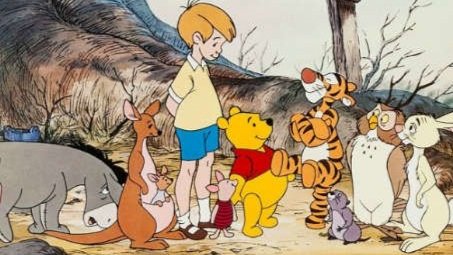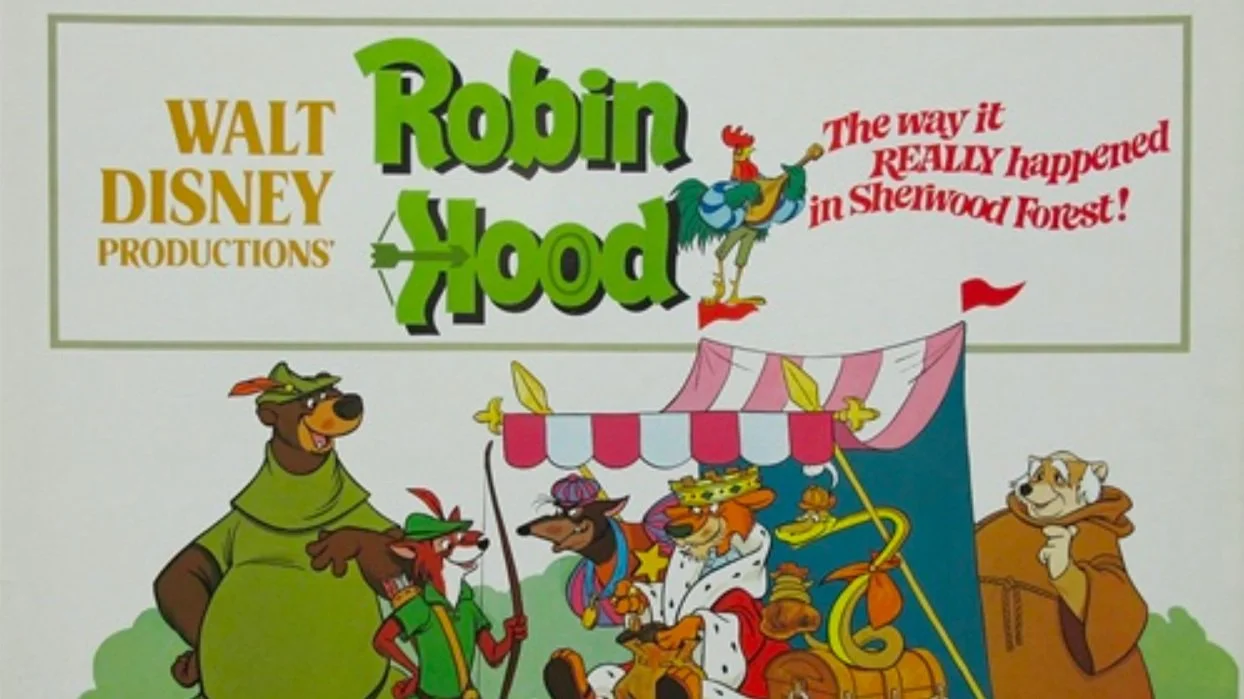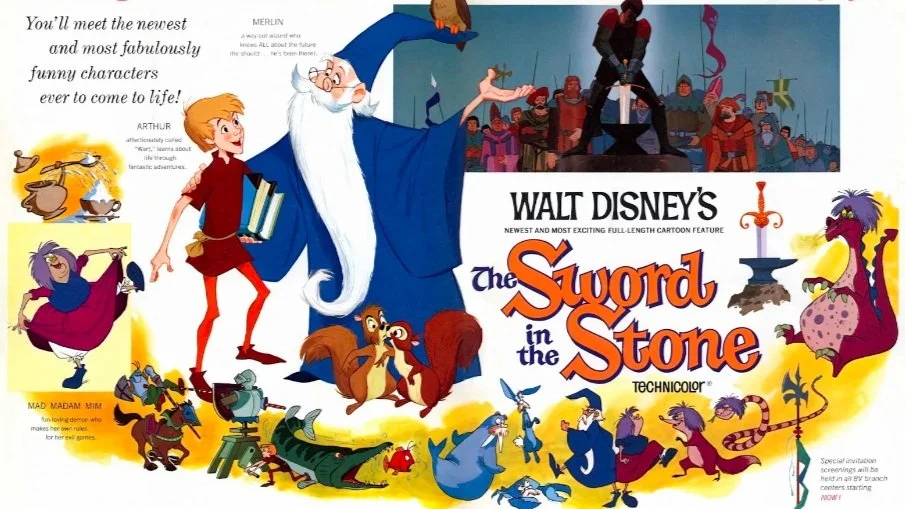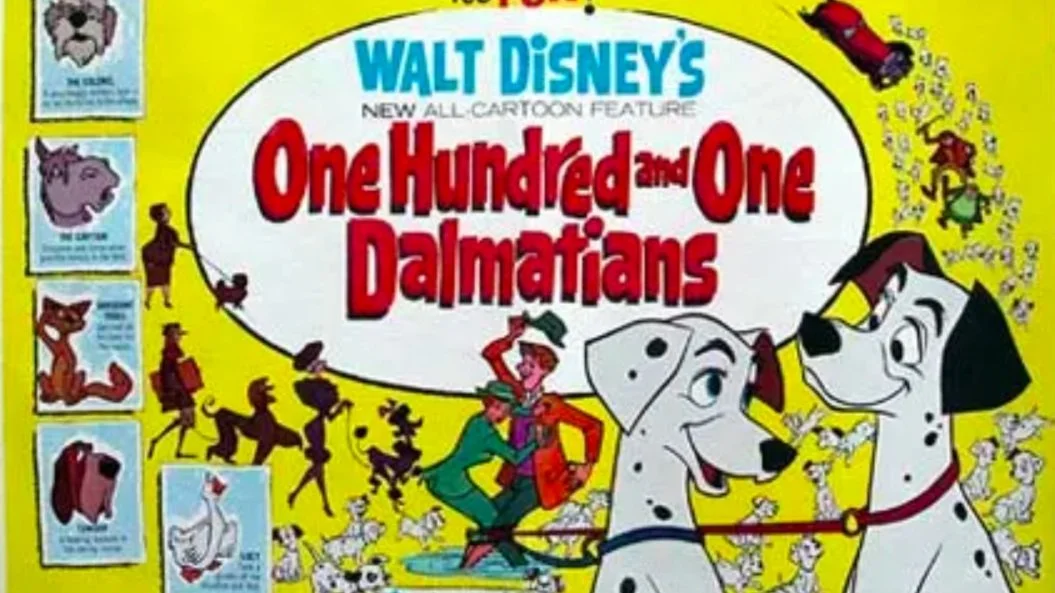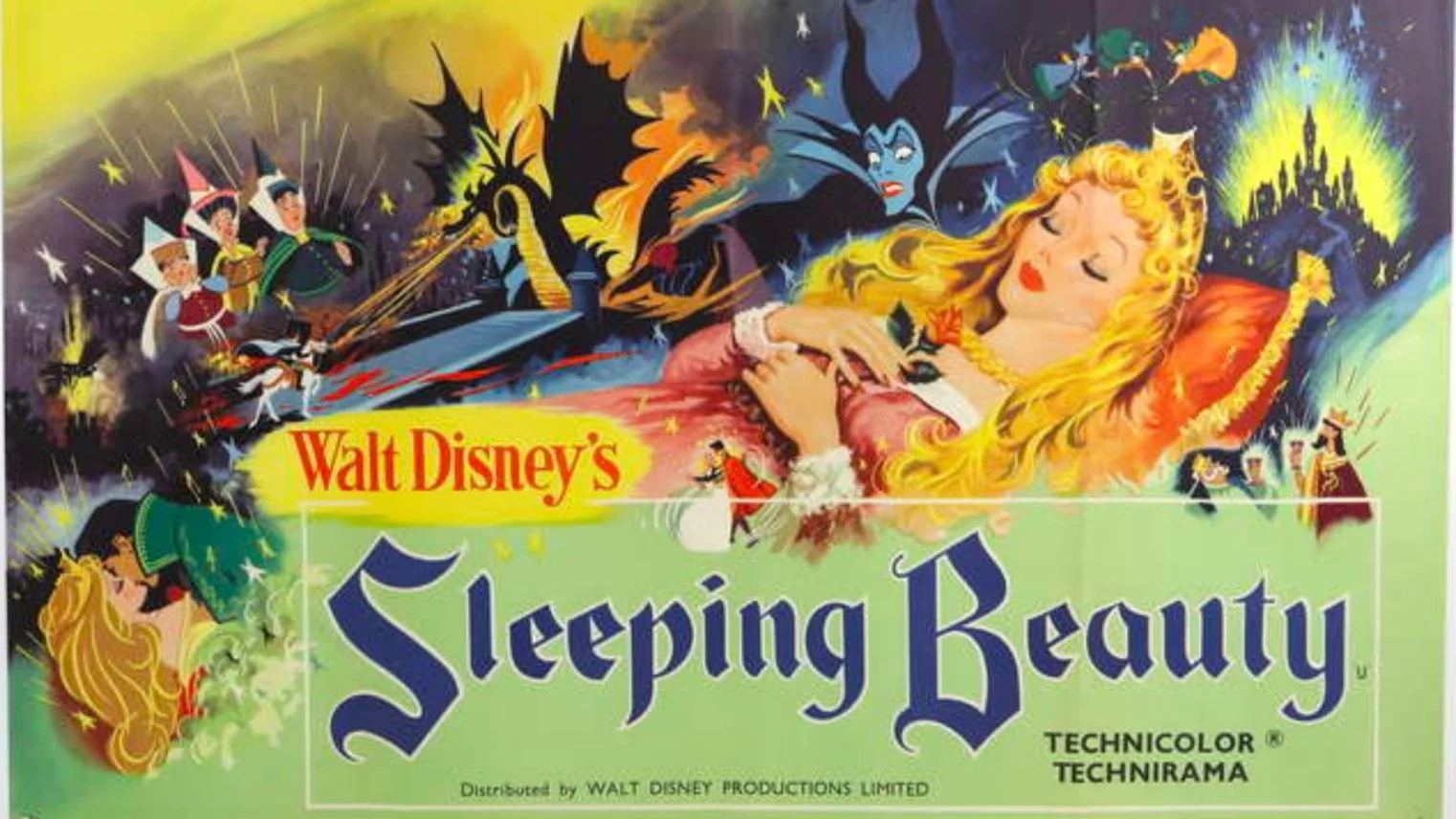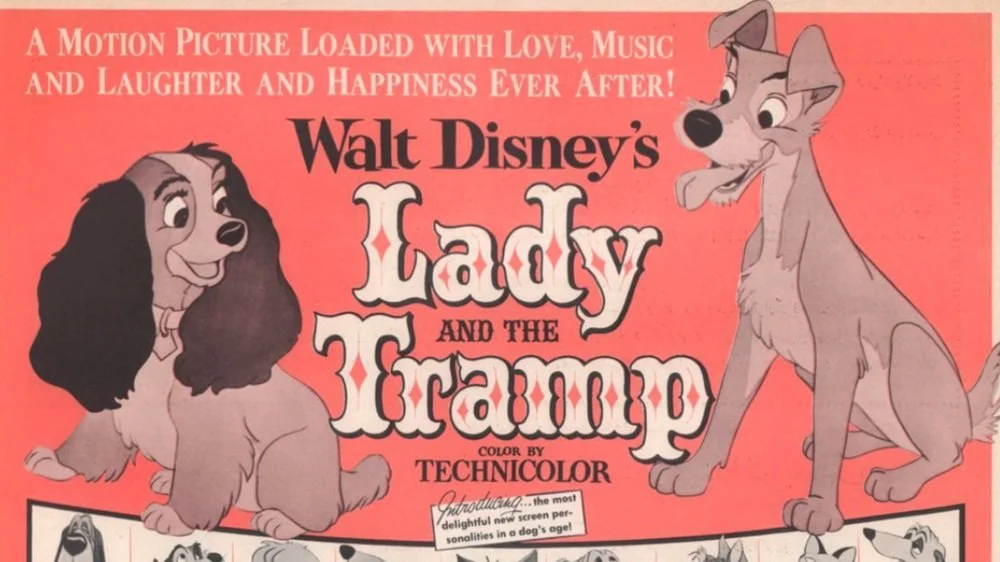The King of Adaptations: The Shining (1980)
What to say about The Shining that hasn’t already been said? Stephen King’s third novel, published in 1977, was quickly (notoriously?) adapted into Stanley Kubrick’s 1980 film of the same name. Before reading the book, I’d heard the stories of contention between King and Kubrick. King thought the director ruined his novel; Kubrick didn’t much care what King thought. The resulting film is a masterpiece of horror cinema, and a watershed moment for the genre.
Kubrick’s The Shining is different from most King adaptations in that it’s not a verbatim retelling of the novel. The screenplay was written by Kubrick and novelist Diane Johnson, and does a great job of taking King’s story and distilling it to its full cinematic potential. This will not be another one of those "Everything That's Different" articles, but there are some quick moments that exemplify what’s so strong about Kubrick and Johnson’s adaptation.
One of the more shocking and mystifying moments in Kubrick’s film is when Wendy sees the man in the dog costume performing oral sex on the tuxedoed partygoer. A moment that befuddles the viewer, it works in the hallucinogenic nightmare logic of the hotel, but it wasn’t until I read the novel that I realized what a defiant, bold creation the moment is.
In the novel, Jack stumbles into the grand, well-attended party in the Colorado Lounge. The party is a creation of the Hotel, a projection as bait for Jack. At this party, Jack sees the Hotel’s owner, Horace Derwent, performing a series of “tricks” with a man dressed in a dog costume. Derwent subjects the man to an embarrassing routine of sit, roll over, and the like. This is the extent of the interaction on the page; it’s a moment full of dominant, humiliating sexual energy. Kubrick and Johnson decided to distill the interaction in the Colorado Lounge down to its core: Derwent wants the man to submit to him the way Wendy witnesses.
It must be said: the best parts of Kubrick’s The Shining have nothing to do with the novel. Roy Walker’s inspired production design; Wendy Carlos’s and Rachel Elkind’s terrifying music cues; Danny riding his Big Wheel through the hotel’s alternating carpet then hardwood hallways; “All Work And No Play Makes Jack A Dull Boy”; “Here’s Johnny!”; I could go on and on.
The characters’ names are the same; the setting is the same; the basic premise is the same: Danny Torrance has the Shining, a sort of telepathic ability to see projections of past generations and read peoples’ minds. A classic King motif: a young person struggling to understand the extrasensory abilities they possess. But Jack Torrance is the real showpiece. Danny’s Father, Jack, also has the Shining, unbeknownst to him (Jack). He is also struggling to understand the abilities he possesses. King works with the idea a grown man can be just as emotionally immature as a child. With great power, comes great misunderstanding. Late in the novel, once Jack has fully succumbed to the Overlook Hotel’s powers, Wendy finds him subdued behind the bar in the Colorado Lounge. Wendy is “not angry with him; looking down at him he looked like a horribly overtired little boy who had tried to do too much and had fallen asleep in the middle of the living room floor” (King 413).
Jack Nicholson is great as Jack Torrance, whether King thinks so or not. King famously felt that Nicholson played Jack Torrance too crazy from the start. “In the book,” King said, “he’s a guy who’s struggling with his sanity and finally loses it. To me, that’s a tragedy. In the movie, there’s no tragedy because there’s no real change.” I think this critique is more subjective than King wants to allow. By the time we meet Jack in the novel he has already been fired from his teaching position, drinks constantly, and has broken Danny’s arm. To me, he came off completely crazy from the first moment on the page. King has also called Kubrick’s film a “big beautiful Cadillac with no engine”, but I digress.
Actor Danny Lloyd, as Danny, delivers a magnificent performance that carries the greatest weight in a story that relies so heavily on a child’s perspective. Danny is really the protagonist of the novel; I don’t have exact calculations but I’m left feeling we spend most of our time in the novel with Danny as our perspective’s guide. His instincts, his feelings, his visions, his premonitions, are at the forefront of a story set in a deserted, inescapable hotel. The cinematic quality of a child talking to his imaginary friend in a deserted hotel is about as exciting as just watching the deserted hotel by itself. Kubrick and Johnson needed to find a way to translate Danny’s complex relationship with Tony, his imaginary friend, and his powers in a visual way.
Danny talking to Tony through his wagging finger is at once adorable and unsettling. In other words, everything horror should be. An inconsequential action, like flicking one's index finger up and down is made terrifying once Danny opens his mouth and the gurgly, rumbling voice of Tony emerges. Kubrick and Johnson then decide to show the audience what Danny sees. Quick flashes of scenes that are as confusing and scary to Danny as they are to the audience. The adaptation is extremely effective, and retains the core spirit of the novel’s original narrative.
The Shining may be Stephen King’s most popular story, written or filmed. There have been feature-length documentaries and research volumes produced to explore the world inside Kubrick and Johnson’s adaptation; an adaptation that owes its bones to Stephen King’s novel. I think the “changes” made in adapting the book are for the film’s benefit; Kubrick and Johnson had to transform a very internal, thoughtful story into a visual, cinematic one, and they succeeded tenfold.
Stephen King got his chance to make things right when he penned the screenplay for the 1997 Mini-Series version of The Shining. If Kubrick and Johnson had ever seen that version, I think they’d give themselves a well-deserved pat on the back for doing it their way.
Next week we’re going to be looking at our first short story adaptation, 2004’s Secret Window, a film that gets a bad rap. But is it deserved?






